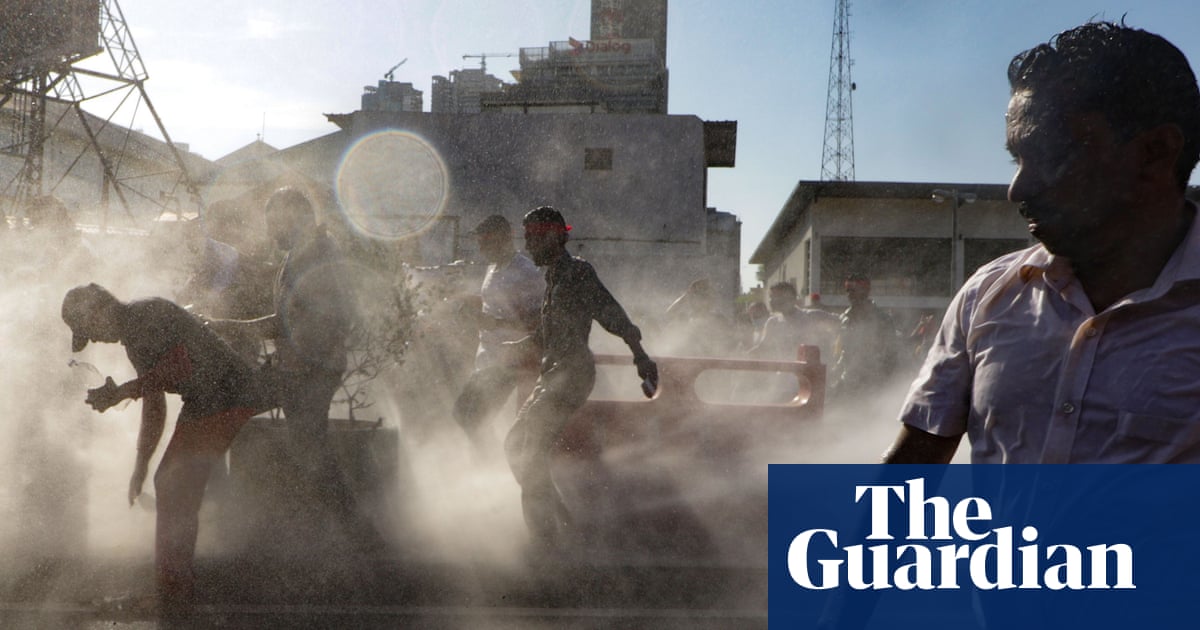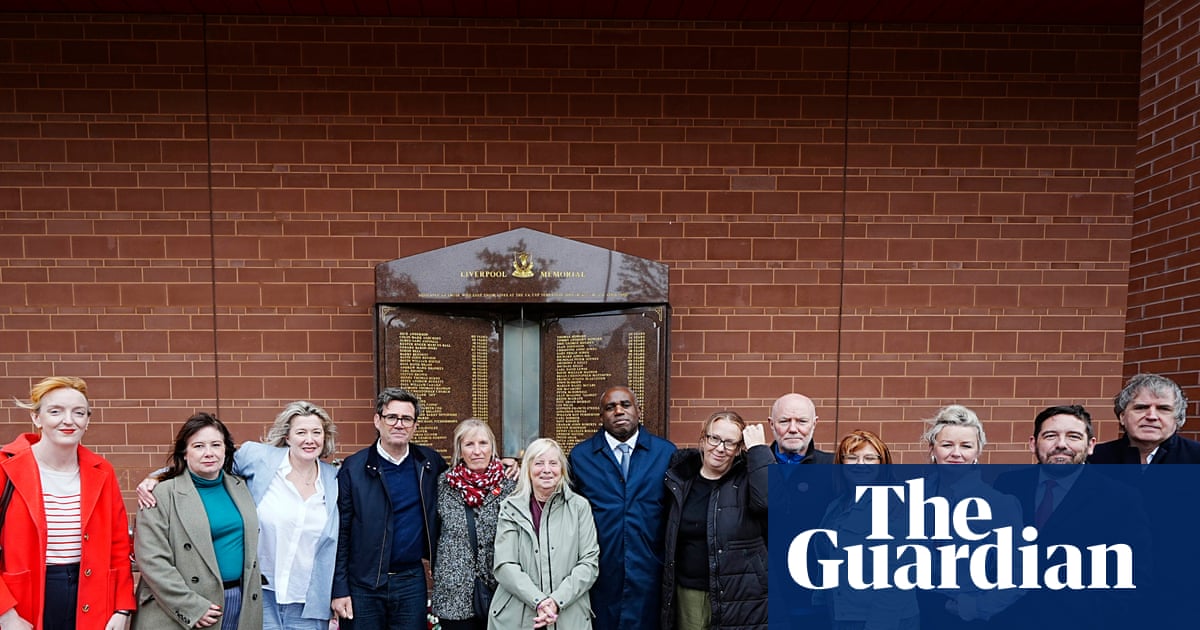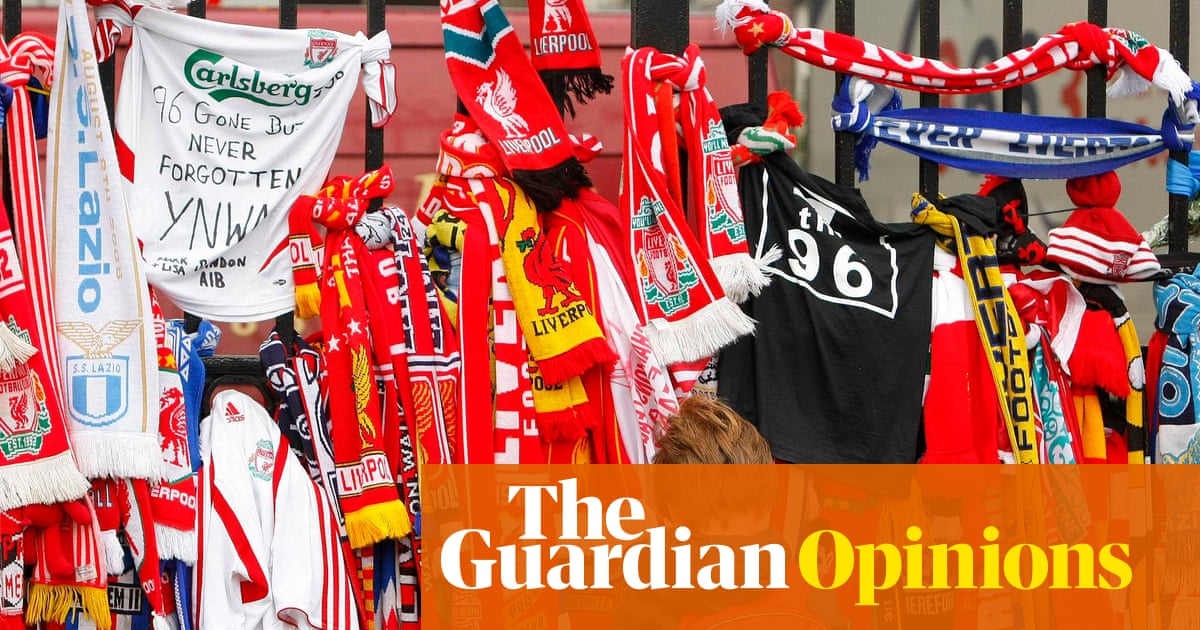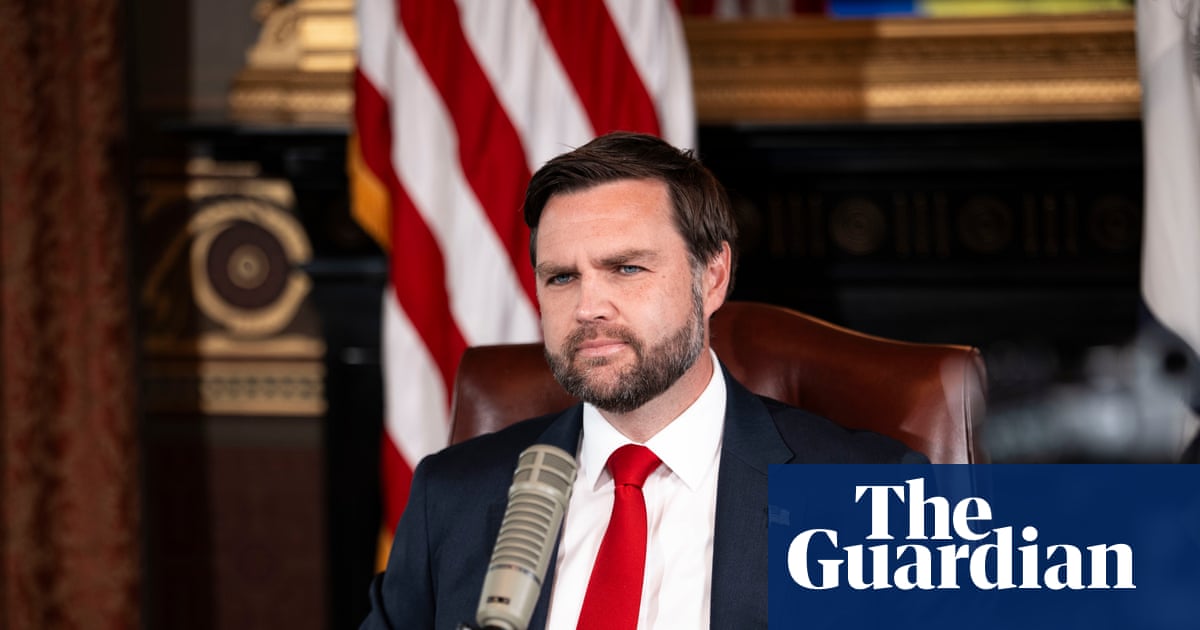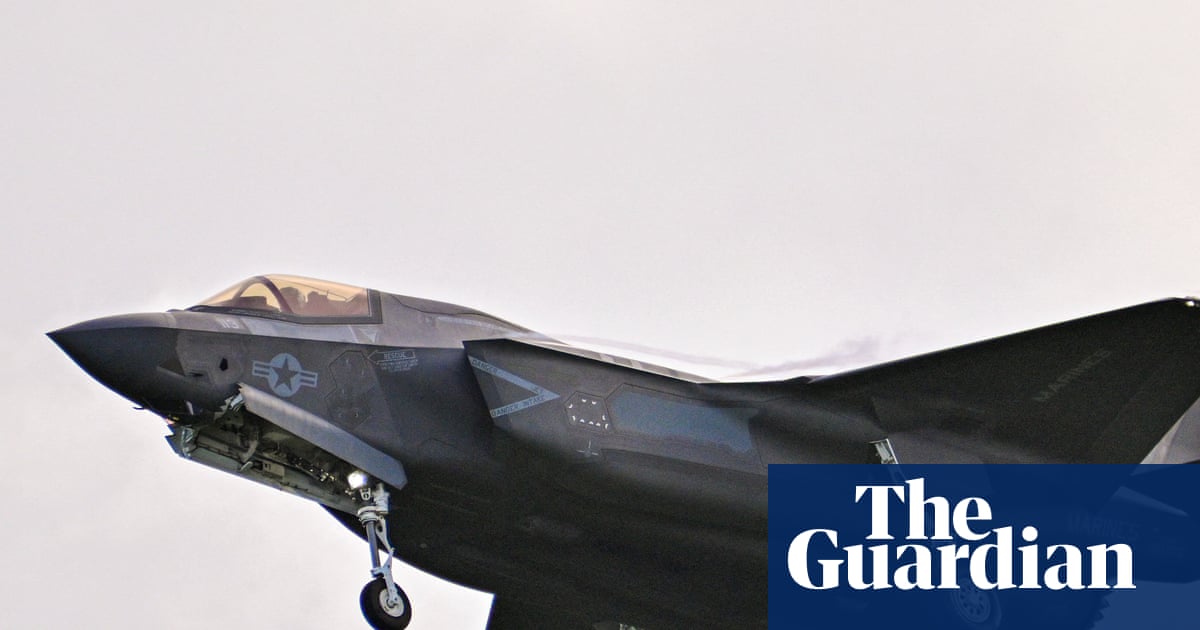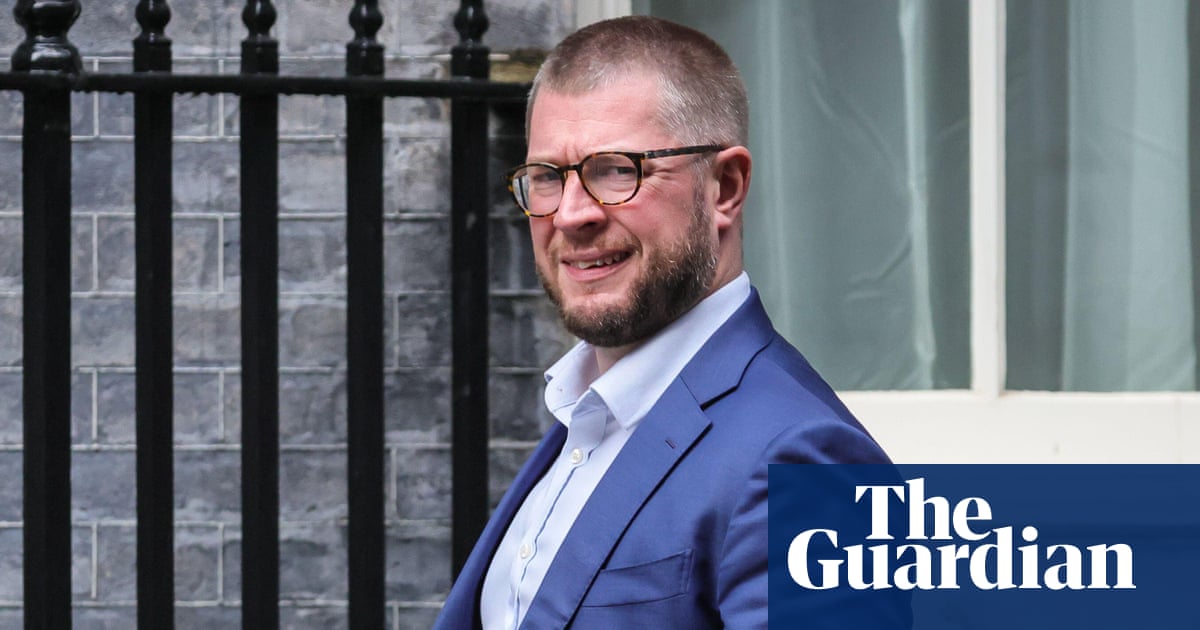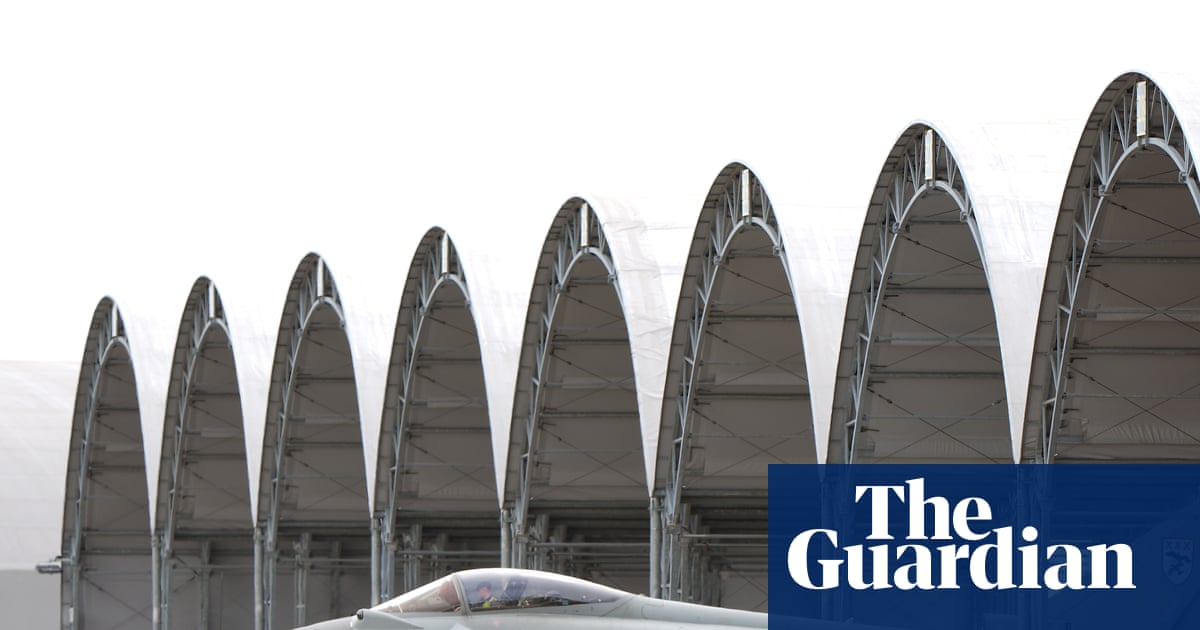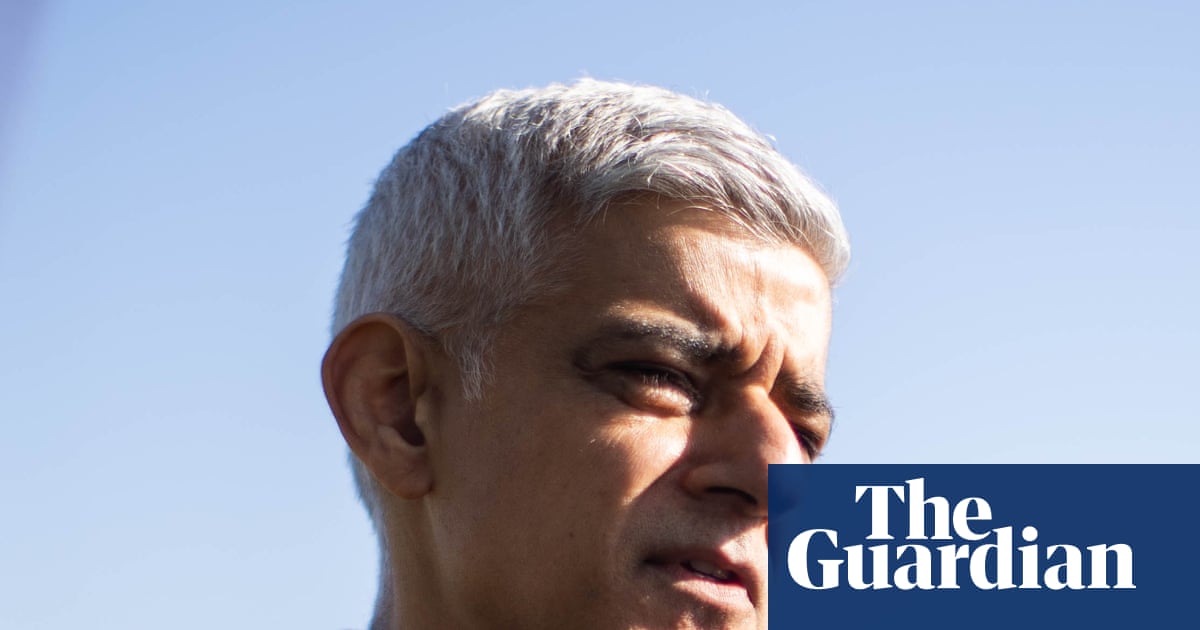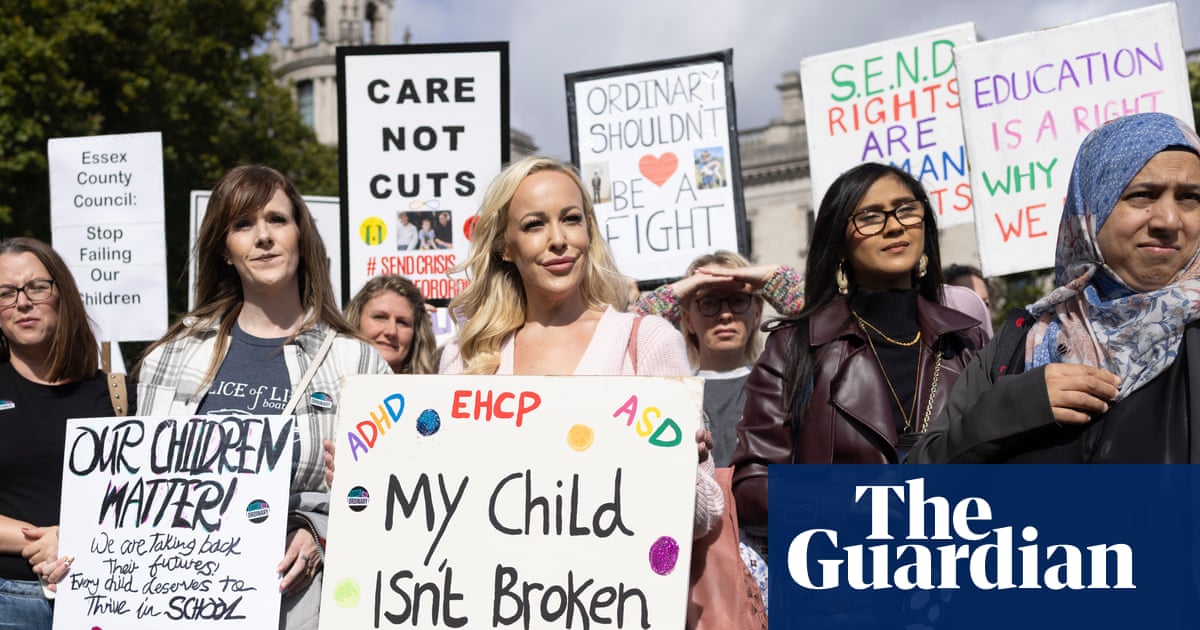Labour’s deep cuts to the UK’s aid budget will touch the lives of 60 million people, and underline the Britain’s withdrawal from the world stage, the director of Save the Children UK has warned.
Moazzam Malik, a former diplomat and civil servant, has spent the first six months in his post learning more about the plight of children in the UK and abroad.
“It’s fair to say, I think my generation of policymakers and politicians haven’t done the greatest job in delivering a better future for children and young people and their families,” he says, at the charity’s London headquarters.
He says that, since Boris Johnson merged the Department for International Development with the Foreign Office five years ago, the UK has increasingly stepped back from engagement with the global south.
“As somebody who’s spent 25 years working for Britain representing our country in international forums and on the international stage, it’s a tragedy that we’ve chosen to withdraw,” Malik says.
The Conservatives reduced aid from 0.7% of gross domestic product to 0.5% in 2020, during the Covid pandemic – and began spending a rapidly expanding share of that on housing asylum seekers in the UK.
Keir Starmer’s government announced a further significant cut, to 0.3% of GDP, this year, to pay for defence spending , prompting the then international development minister, Anneliese Dodds, to resign.
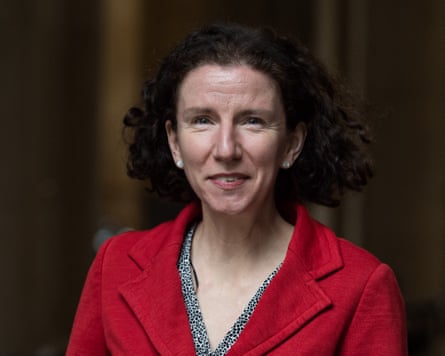
“We estimate that the impact of the UK aid cuts that are to come over this year and next as the government moves to 0.3% will touch about 60 million people,” Malik says.
“These are real people’s lives: access to a school closes, health services decline, cash protection support falls back. Humanitarian assistance falls back. So this will have real-world consequences. There’s no way to avoid that. The scale of cuts is just much too large.”
Dodds’s successor, Jenny Chapman, has suggested the move to a “0.3 world”, marks a shift from “charity” to a “partnership” with developing countries – but Malik rejects that characterisation.
“Respectful partnerships: yes, I agree, it’s hugely important, but that is not what our partners have experienced. And indeed, as this government goes from 0.5 to 0.3, that is not what our partners will be experiencing. They will be experiencing withdrawal,” he says.
“In a country like Pakistan or Ethiopia or in Nepal, or Indonesia or other parts of the world, their experience of Britain over these last five years is of us not being at the table, trying to work collaboratively to find solutions to the problems that we both face, but as one of exit.”
Malik sees the UK’s stance as part of a wider shift away from multilateralism in an increasingly complex geopolitical context – including a more insular US.
“Early on in my time as a civil servant – I joined DfID in 1997 – and through the early 2000s, there was a real sense that you could remake the world in the post cold war era and deal with global challenges in a way that was fair, equitable, and that created a better future for everyone: that you could win. And I think that opportunity has been squandered.”
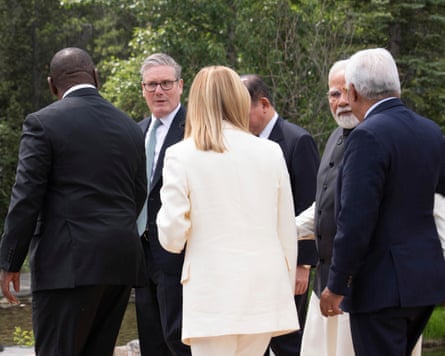
Alongside other charity leaders, he is calling on the UK government to engage at the highest level with the UN Financing for Development conference in Seville at the end of this month, which is intended to be a collective attempt to confront challenges including the mounting global debt crisis.
“It would be good for the prime minister to show up,” he said. “UK leadership requires engagement.”
At home, Save the Children has been campaigning vociferously for the government to scrap the two-child limit that stops families receiving universal credit for their third and successive children. This month, Transport for London banned the charity’s advert on the issue, deeming it to be too political.
Starmer has recently appeared to hint that he is preparing to move on the issue, when the government’s long-awaited child poverty strategy is finally published in the autumn.
“We have one in three kids in the UK growing up in poverty. That’s a travesty,” Malik said. “The benefits system is the single quickest thing that the government could do to make a dent in child poverty.”

His charity also wants to see a “child lock”, similar to the pensions triple lock, that would prevent low-income families falling behind.
Save the Children UK has been carefully rebuilding its reputation since it was condemned by the Charity Commission in 2020 for mishandling allegations of inappropriate behaviour by senior staff members between 2012 and 2015.
It recently published an internal review covering a much more recent period, however – late 2023 – suggesting some staff had experienced antisemitism or anti-Muslim hatred at three internal events that included discussion of the war in Gaza. Save the Children accepted the review’s recommendations and apologised to “colleagues have experienced any form of hatred – whether anti-Muslim hate, antisemitism or other – in the workplace”.
Malik welcomed the fact the review had been commissioned, and committed the charity to learning from it. “As somebody who has suffered both Islamophobia and racism personally and violently, I have no truck with hatreds of any sort,” he says.
As Malik prepares to visit Somalia, one of the 120 countries in which Save the Children operates, he says the charity will continue to make the case for the UK to engage internationally.
“This is a debate about the nature of the world in which we want our children and our grandchildren to grow up,” he says. “Britain is an open economy, in an open society. Our future is linked and intimately connected to the state of the world.”

.png) 2 months ago
37
2 months ago
37
